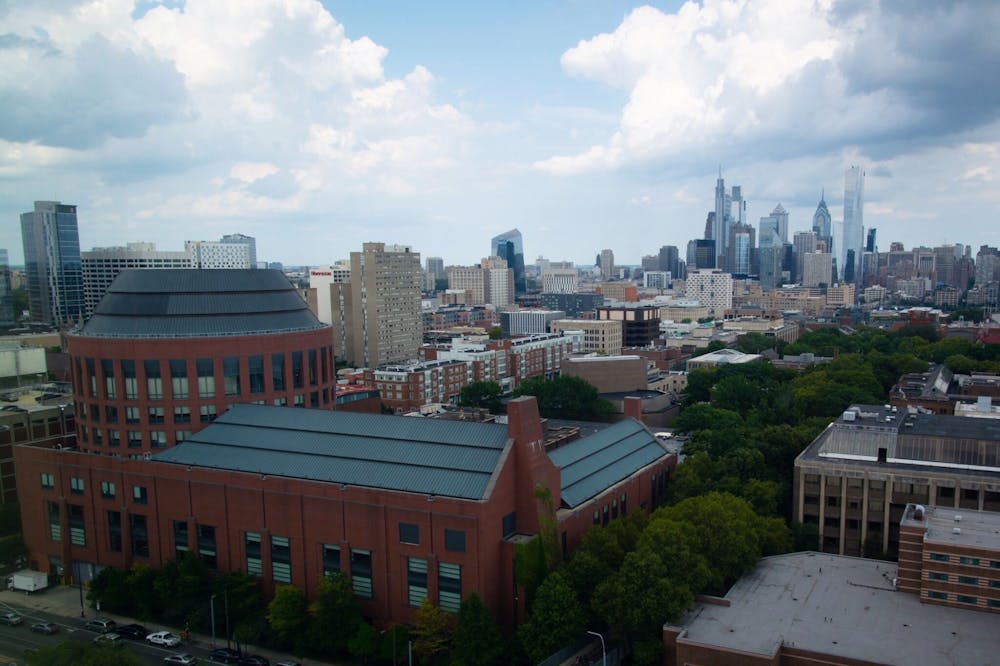These past few weeks has been a tumult of frustration and grief. That we’re living through a crisis, however, has not silenced our voices: I’m proud of our community for demanding greater resources for FGLI and international students, more equitable academic policies, and humane treatment of dining hall workers.
But while we’re at it, let’s not forget about one of the simplest ways we can take action: the 2020 Census.
Here’s what’s at stake. The Census population count will serve as the basis for apportioning seats in the House of Representatives and drawing district boundaries for state legislative seats, city councils, school boards, and more. Moreover, Census data will be used to allocate more than $675 billion in funding for federal and state programs. To name just a few: Medicaid, Pell Grants, the Supplemental Nutrition Assistance Program (SNAP), and Head Start all rely on the Census. Grants for highway and transportation projects, business loans, and natural disaster recovery are also based on the Census count.
As residents of Philadelphia, we have the obligation to make sure the city has enough resources to be able to support us. For every person not counted, Philly stands to lose $21,000 in federal funding over the next ten years.
This responsibility becomes more apparent as we assess Penn’s broken relationship with Philadelphia. It’s commendable that the University has donated $5 million to the local community in response to COVID-19. And yes, Penn’s decision to pay laid-off dining workers until the end of the semester was a victory. But we can’t overlook Penn’s history of building our campus on forced displacement of communities of color, or the fact that Penn refuses to pay PILOTs, despite holding at least $3.2 billion in property virtually tax-free.
You’ve heard about these issues before. Maybe in response, you decided to volunteer in Philadelphia, or to sign the Student Labor Action Project’s petition. Maybe you didn’t take direct action yourself, but supported those who did. But the bottom line is that if you’ve ever been concerned about Penn’s impact on the community, now is the time to make your voice heard. We have a once-in-a-decade opportunity that will take just ten minutes.
Unfortunately, our demographic of ages 18-29 is already the least likely to fill out the form. COVID-19 will also undoubtedly lower college turnout: many of us have left Penn, leaving people with questions about where they should be counted. So, here are a few tips:
- Students who were living in on-campus housing will be counted by Penn. Use this energy to tell your friends and family about the Census!
- Off-campus students: whether you’ve left Penn or have stayed, should fill out a form with your off-campus Philadelphia housing address. If you’ve already been included in your parent/guardians’ form as living away from Penn, fill out another form with your off-campus address. The Census will remove the duplicate.
- International students who live off-campus should also fill out the Census, since it counts residents. There is no citizenship question on the form!
- Students should try to use the ID code found in the Census paper mail sent to your off-campus address, so try to get in touch with your landlord or remaining roommates. If you can’t, use your off-campus address and follow the Census Bureau instructions for Responding to the 2020 Census without a Census ID number.
- You can fill out the Census through the mail, online at my2020census.gov, or by phone at 844-330-2020. More information from the University can also be found here.
RELATED:
Students call for tuition refunds, citing unusable campus resources and isolated learning
Pennsylvania under stay-at-home order until April 30 to stop spread of coronavirus
Though we might live in Philly for just four years, thousands of students will continue to replace us for the next decade. They’ll ride SEPTA to eat dim sum in Chinatown or take the highway to visit Magic Gardens, as we did. Now, more than ever, Philly needs the financial and political resources to rebuild and support these future students.
COVID-19 has taught us the importance of combating misinformation, fighting for equitable resource distribution for the underprivileged, and never taking each other for granted. Let’s add just one more lesson: giving back to our community in a way that truly counts.
JAYWON KIM is a College junior studying Philosophy, Politics, and Economics. Her email is jkim1015@sas.upenn.edu









